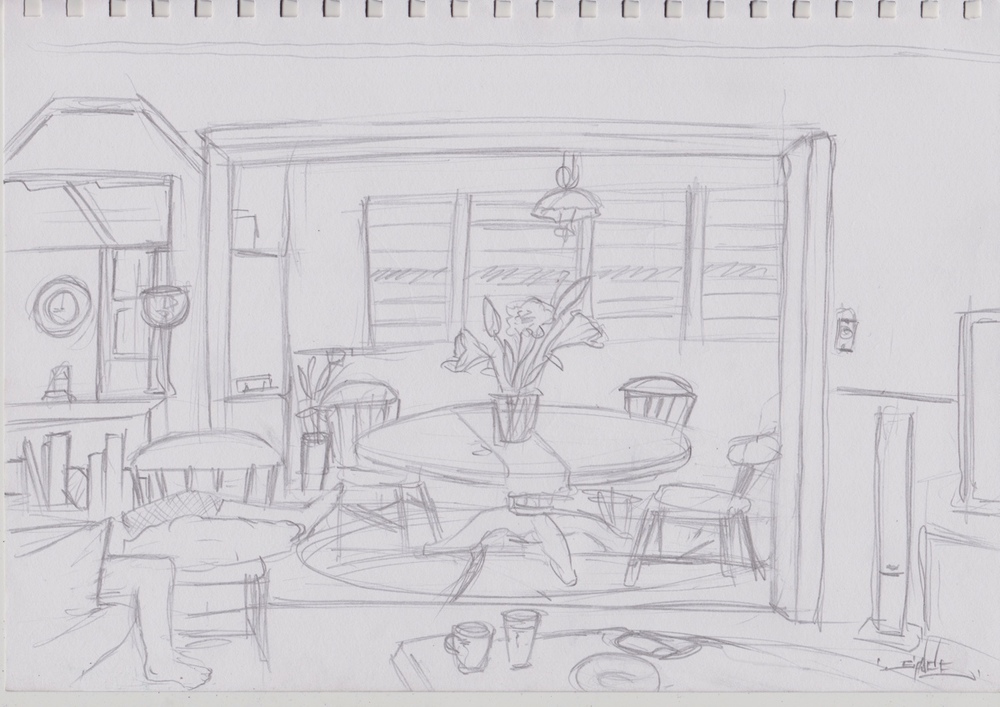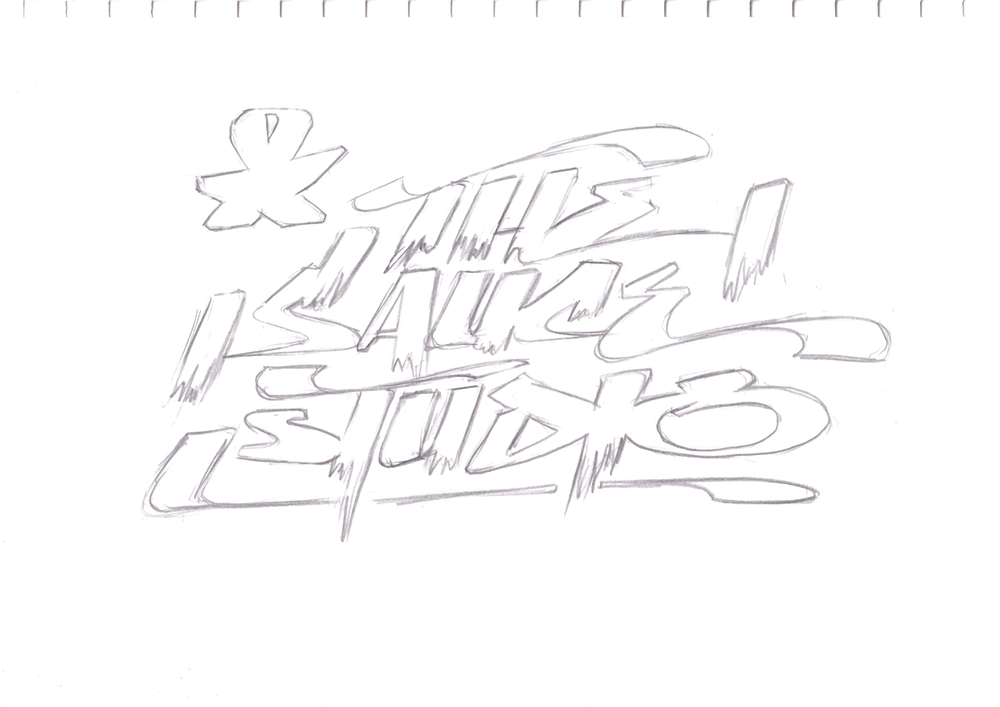Blackbook
/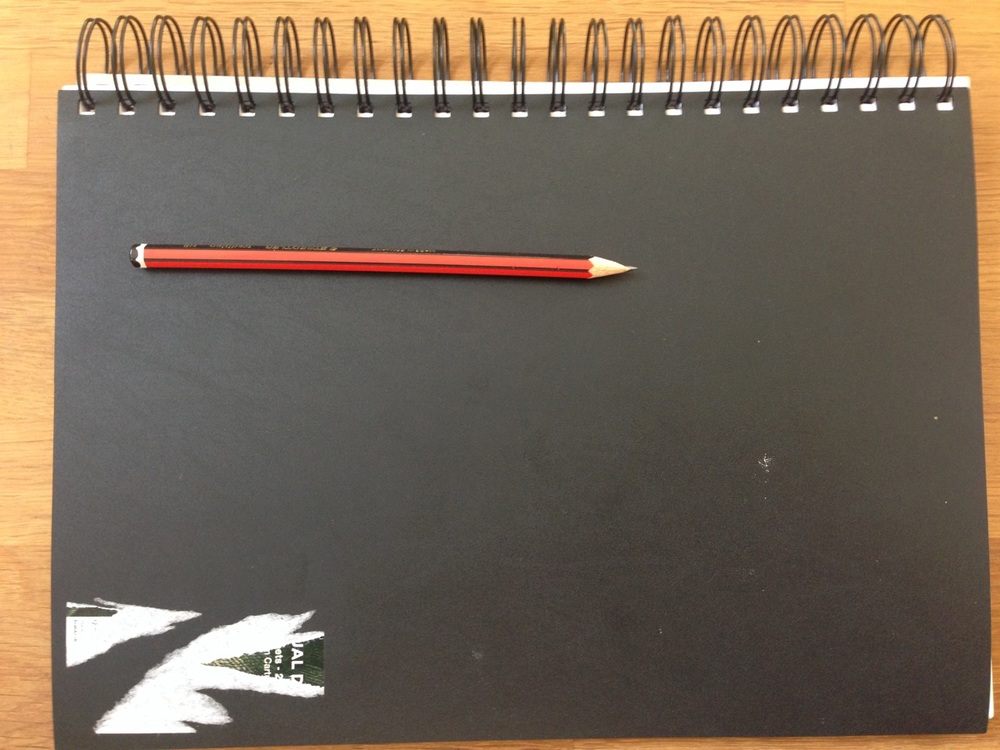
Welcome to #artthursday! Now that I (Ainslie Rose) have editorial control over the blog (mwahaha!) I thought I would start a series which investigates the culture and practise of aerosol art. Each Thursday, I’ll talk about the different aspects of aerosol art and delve into the culture of graffiti. To start with, I’ll begin with the Blackbook.
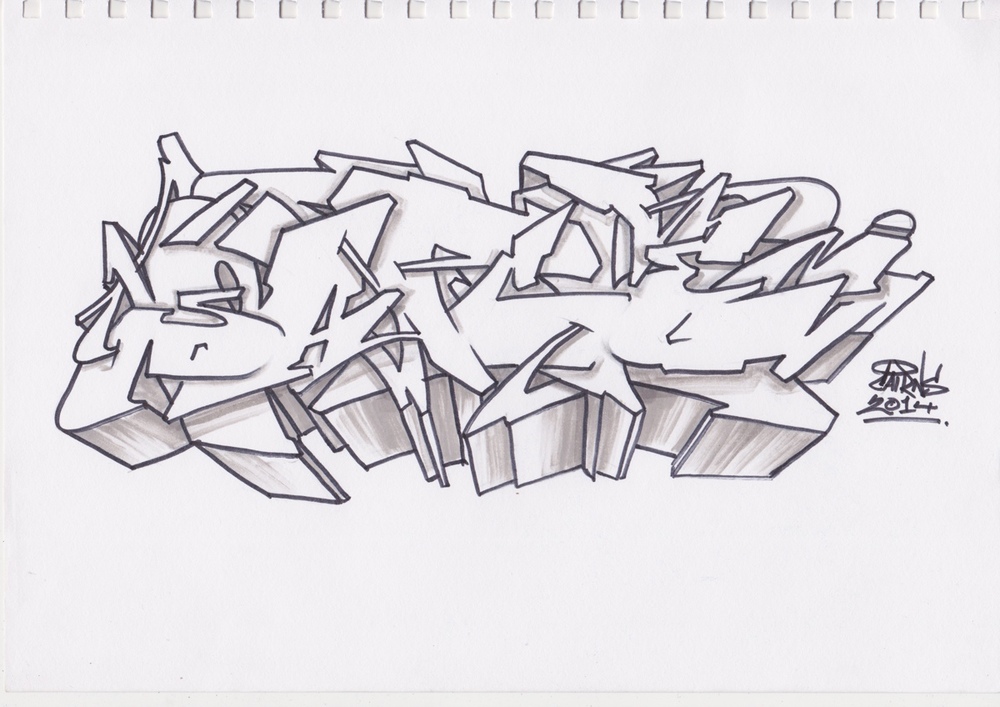
The Blackbook in it’s simplest form is a sketchbook. It’s a dedicated book used by artists to mill over ideas and plan out designs. The exterior is usually plain black, hence the term Blackbook. They can be easily obtained from a newsagent or office supply store and usually have unlined white pages with a thicker GSM. Some aerosol paint brands associated with graffiti culture such as Montana/ MTN and Montana Colors also carry a line of black books with their branding and some have the option of black pages for the use of metallic markers. The books are usually A4 in size, but larger versions are also available. As an artist, Sauce uses a standard A4 book, available from office supply stores and uses various pencil types for basic sketches and outlines in pen using Artline of Promarker for more complex and interesting designs. When Sauce is working on designs for clients, he prefers to keep the details simple and rarely uses colour.
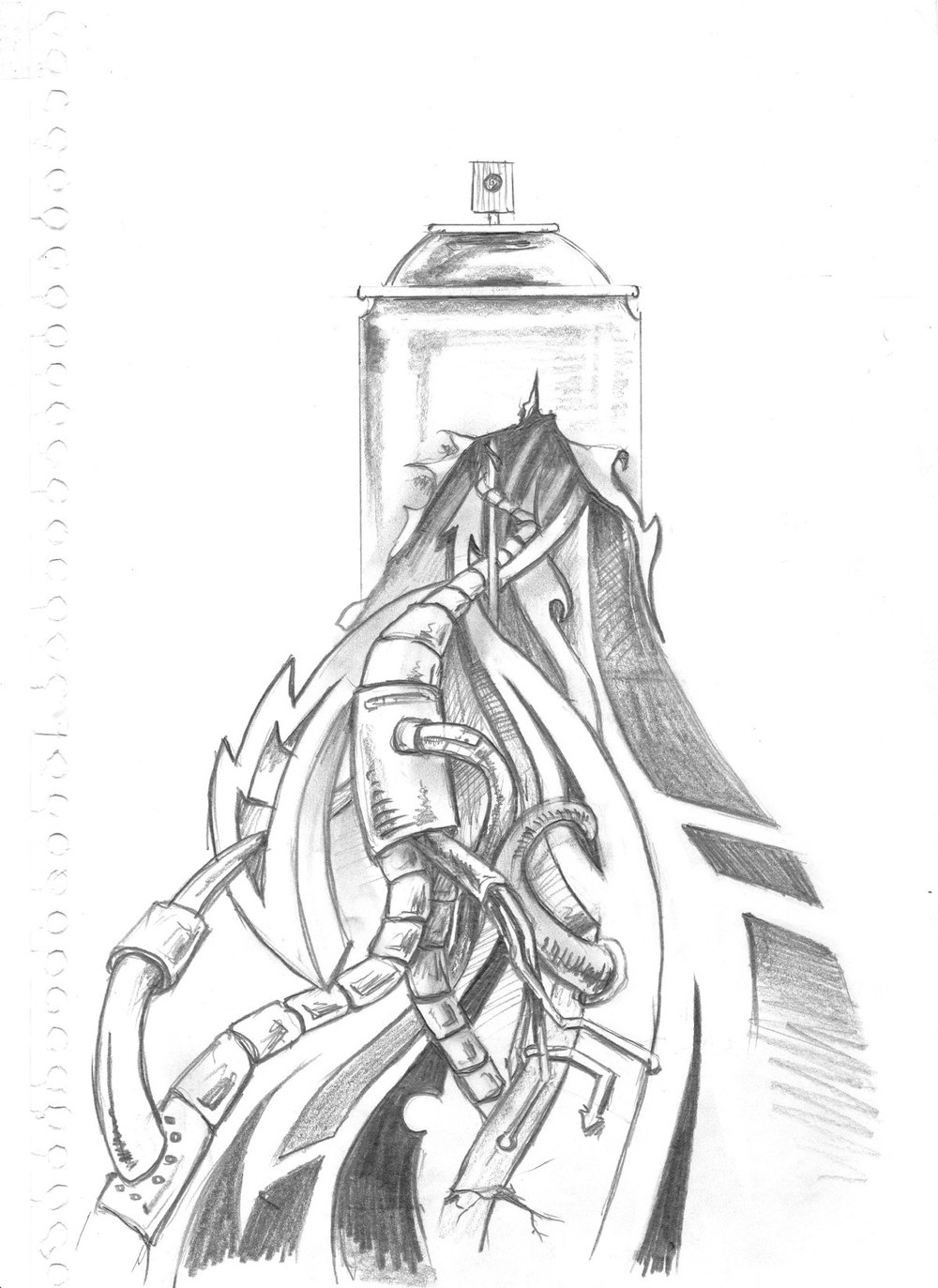
All very exciting facts, but it’s the little details which build the culture. The Blackbook (which I’ve written about before) is definitively more than a few doodles on a page and it’s more than vandals planning their next attack. Sketches are mindful mediations which are documented and journaled in the Blackbook and it is this mindfulness which gives meaning to the graffiti piece. Now, through the mighty powers of social media, artists are sketching pieces and battling for supremacy with other artists all over the globe. When Sauce first stared dabbling and experimenting with Graff, he had a chance encounter with an old school writer, who gave him a quick sketch in Sauce’s Blackbook and it was this organic collaboration which sparked something inside Sauce and spurned him to improve his skills. It’s this type of sharing and creative process which forms the backbone of artist’s creative concepts and ideas.
